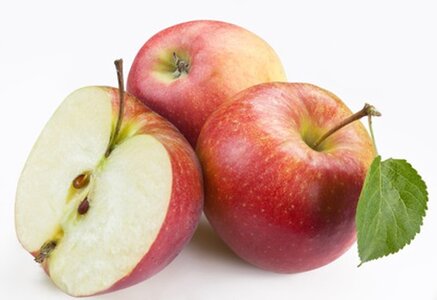Just came across this resource, and thought it should be useful. This Glossary lists 1070 Terms along with their explanations.
The maritime world, in general, uses a vocabulary that mystifies the layman for its obscurity, and this is particularly true for the period when sailing ships were the only vessels navigating the seas, handled through a complex system of sails and intricate rigging. 1071 terms used in the Royal Navy of the mid-1700s-1800s, illustrated by 925 images linked from the Internet
The maritime world, in general, uses a vocabulary that mystifies the layman for its obscurity, and this is particularly true for the period when sailing ships were the only vessels navigating the seas, handled through a complex system of sails and intricate rigging. 1071 terms used in the Royal Navy of the mid-1700s-1800s, illustrated by 925 images linked from the Internet












